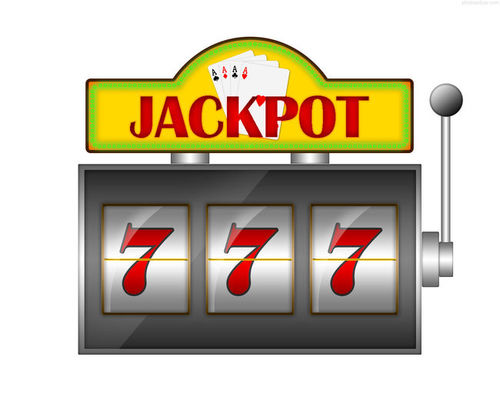Hit the Jackpot!
 Roberto noticed an advertisement of the local lottery in the nearby store. One thousand lottery tickets with numbers from 000 to 999 would be sold every month, and at the end of the month, the jackpot number would be decided randomly by a modified slot machine of 3 displayed digits (each running from 0 to 9 independently) as shown in the picture.
Roberto noticed an advertisement of the local lottery in the nearby store. One thousand lottery tickets with numbers from 000 to 999 would be sold every month, and at the end of the month, the jackpot number would be decided randomly by a modified slot machine of 3 displayed digits (each running from 0 to 9 independently) as shown in the picture.
Roberto has enough money to play the lottery 12 times. If Roberto wants to maximize his chance of winning at least once , which strategy should you suggest?
A. Buy 1 ticket each month for 12 months
B. Buy 12 different tickets in 1 month
This section requires Javascript.
You are seeing this because something didn't load right. We suggest you, (a) try
refreshing the page, (b) enabling javascript if it is disabled on your browser and,
finally, (c)
loading the
non-javascript version of this page
. We're sorry about the hassle.
Intuitive Solution :
In Option A, we've essentially got 12 independent chances to win this lottery. We can win more than once, unlike in Option B, but this doesn't help since we only care about winning at least once.
In Option B, our chances are not independent. Let's say we know that one of our guesses is wrong. Then, the probability that our second guess is correct is ever so slightly more than the first guess, since we've got 1 possible guess ruled out. In mathematical terms, the events of the guesses being correct have "negative covariance"; e.g., if you know one is wrong, the others are more probable to be right.
Hence, Option B is better for winning at least once.
Remark: As you might realize/expect, the Expected Value for the number of times he will win the lottery is equal with both options, but the probability that he wins at least once is higher in Option B. Whereas Option B gives you a higher probability of winning at least once, Option A "catches up" in expected value because of your ability to win the lottery more than once.
Technical Details: If that explanation is too casual for you, @Worranat Pakornrat has a great explanation below.